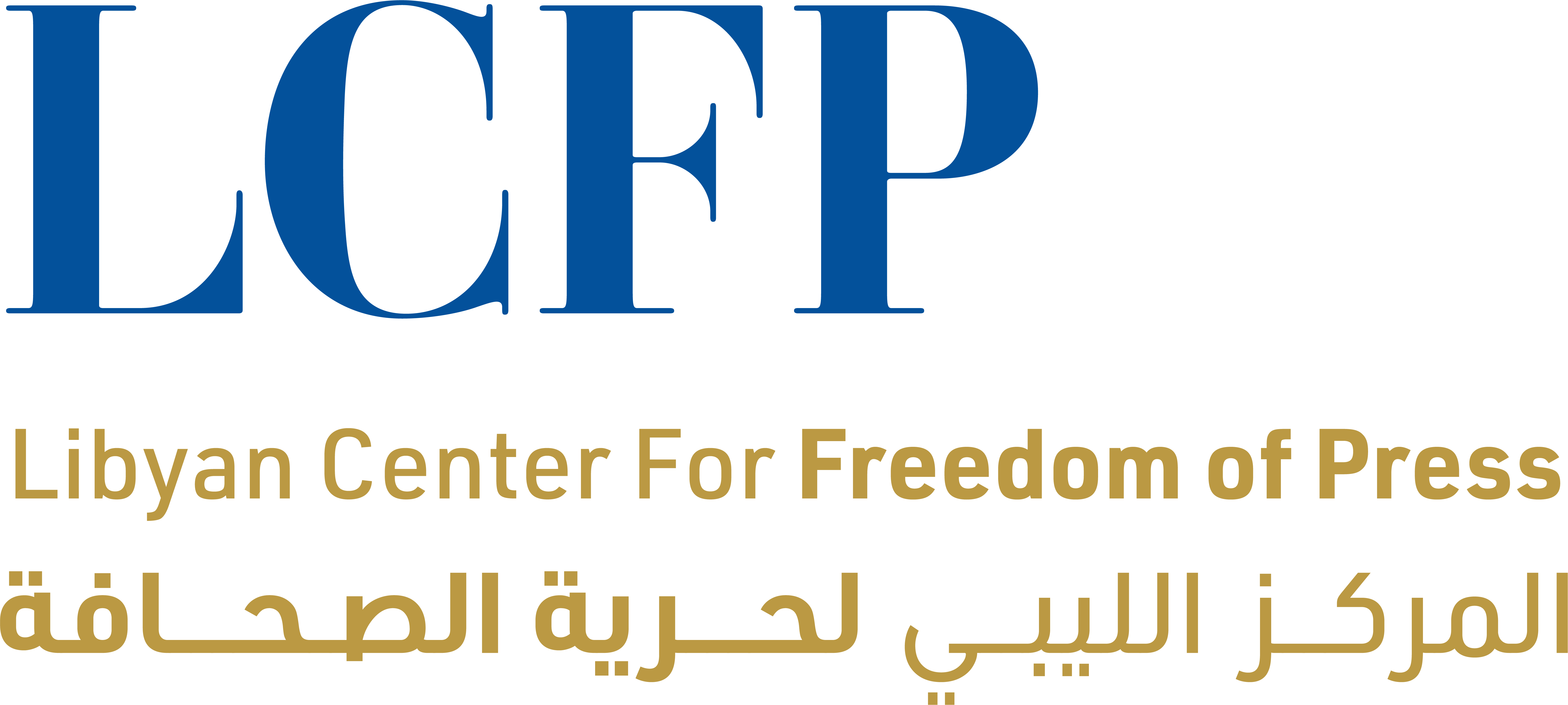Our message
Documenting the attacks against journalists, providing emergency assistance to journalists, and monitoring the quality of the journalistic content of the various media in a manner that ensures the achievement of professional standards to establish a free, independent and professional media landscape, based on media pluralism and transparency.
Our programs
Documentation and emergency assistance
The political divide and armed conflict have had a great impact on journalists throughout Libya, where most live on the impact of the exacerbation of crimes and grave attacks, amid a climate of impunity and the collapse of the justice and law system, which has created a difficult work environment in which challenges increase and the margin of press freedoms shrinks. On this basis, the Libyan Center for Freedom of the Press works on documenting, providing emergency assistance, legal support, and national and international advocacy for Libyan journalists.
The structural and legal reform of the media sector
The program focuses on the basis of pushing all actors in the media
landscape towards formulating a common national vision for the
structural reform of the media sector and the administrative
construction of public media institutions and the enactment of new
legal legislation with a focus on the need to create a national body or council to manage the sector in a manner that ensures full
independence.
The work requires the necessity of involving professionals, academics and law to formulate the national vision to reduce “media disunity” and to develop conditions for ownership of private media and the organization of public media structures.
Confronting hate speech and misleading news
The program mainly works to monitor and control the quality of the
press content of the various media and show professional violations
related to hate speech or misleading news, following the massive
spread of digital platforms and their feeding to the conflict situation in the country with the amount of hate speech and misleading news that it produces.
According to a research study on media ownership in Libya by the
Libyan Center for Freedom of the Press 60% of opinions about 22
Libyan cities depend on social media, while 41% of them trust them
more than traditional media, and you find the indication that Internet users in Libya is nearly 5 million people, 70% of them use social media to follow the bloody news and events taking place Libya.
Capacity Building
The program is based on a periodic assessment of the needs of Libyan journalists, the preparation of training and skills development programs also it is mainly based on human rights empowerment, peace journalism, armed conflict coverage, mental health and occupational safety.In addition to legal and litigation training on international standards for freedom of expression and the press in accordance with international agreements to which Libya is a party


